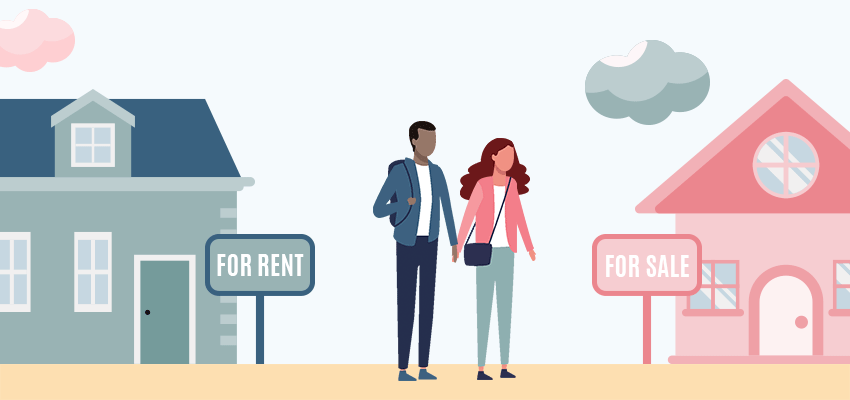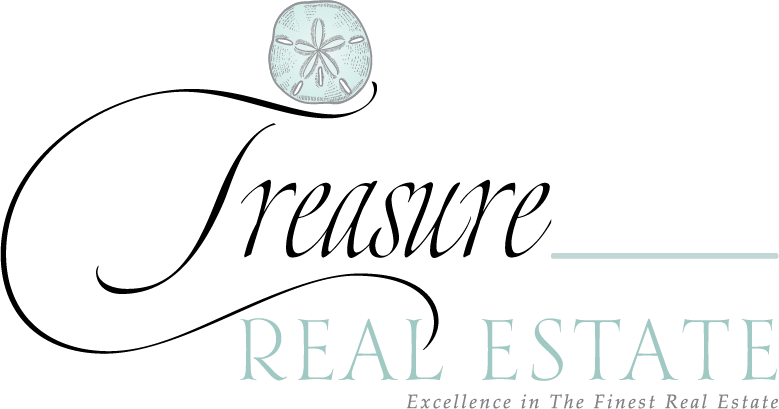As a young person, what should I know about purchasing a home before 30?

Here are some pluses, minuses, and things to consider before investing in a house.
Downsides to Buying a House
- Buying means staying put. When you rent, you probably won’t sign a lease lasting longer than a year, which gives you flexibility to move. But when buying a house, you should plan on staying put for at least three to five years. If the real estate market drops, it could take longer than that for the value of your home to recover. You might feel stuck, waiting until you can avoid a loss upon selling.
- Buying means having less free time. Most buyers spend more time maintaining and improving their homes than they did with their rentals. There’s no landlord to call when the toilet leaks! You’ll either have to do such things yourself, or hire repairpersons or contractors. Also, keeping track of things like when to change the heating filter or get a regular termite inspection can pose a challenge if you’ve never had to think about this stuff.
- Homeownership costs go beyond the mortgage payment. Don’t compare the cost of buying to renting by looking at mortgage payments versus rental prices. Buying involves additional costs, including homeowner’s insurance, property tax and maintenance and repairs. All of these can add significantly to the expense of owning.
Upsides to Buying a House
-
- Homeowners can personalize and customize their space. You’ll have no rental agreement that prohibits you from tearing out a wall, changing the bathroom tiles, or getting a dog, cat, or a monkey. There’s little motivation to make improvements in a rental, where you’ll only be benefiting the landlord, if the landlord consents to them in the first place.
- Increased property value is all yours. Over time, the value of homes tends to increase (though it can take years, and sometimes with alarming downturns in between). When you sell, any return on your investment is yours, not your landlord’s, to keep.
- Eventually, you won’t have a monthly payment. One of the biggest benefits of buying real estate is that unlike with renting, where you’ll be writing a check every month forever, you can eventually pay off your mortgage. Or, you’ll be able to use the equity to buy your next house, and eventually pay that one off.
- You’re allowed certain tax benefits. First time homeowner’s exemption from paying property tax to certain levels; duty free importation of materials in the event of hurricane damage.
Who Really Isn’t Ready to Buy a Home
Buying isn’t for everyone, and might not be for you at this stage in your life. That’s okay. It’s especially important to choose your next move carefully if you’re uncertain where your life is headed. It doesn’t make much sense to buy if:
- You plan to return to school or take any sort of sabbatical. Unless you’re sure you’re going to stay put and can afford the mortgage payment, or you know you can rent the house out for enough to cover its costs, now probably isn’t the right time to buy.
- The size of your household might grow. It’s hard to predict the future, but if you can’t afford to buy a home that will accommodate your new dog, new significant other, or new baby, and any of these is a distinct possibility in the next few years, waiting might be better (unless prices are rising crazily where you want to live).
- You want freedom from the responsibilities of owning. Now might be a time for you to explore, travel, or take on a new hobby. Owning a home tends to limit one’s flexibility. And selling a house, or even renting one out, also takes time. Home maintenance, repair, and improvement can be an added drain on your time and finances.
- You can’t afford to buy where you want to live. Keep your mind open, but don’t buy in a neighborhood just because you can afford it. You’ll be miserable if you’re a true urban dweller stuck in suburbia, for example.
- You really can’t afford a home at all. This sounds obvious, but not all prospective homebuyers have a handle on whether they’ve saved enough for a down payment, closing costs etc and have a good enough credit score and history, to allow them to get a loan for the house they want.
Of course, by paying attention to these factors, you might put yourself in a better position to buy in the future.


Very good info. Lucky me I discovered your blog by accident.
I have book-marked it for later!
We are happy you have found us. And if you have any questions that we haven’t covered in the blog, contact us at any time. We’d be happy to help.